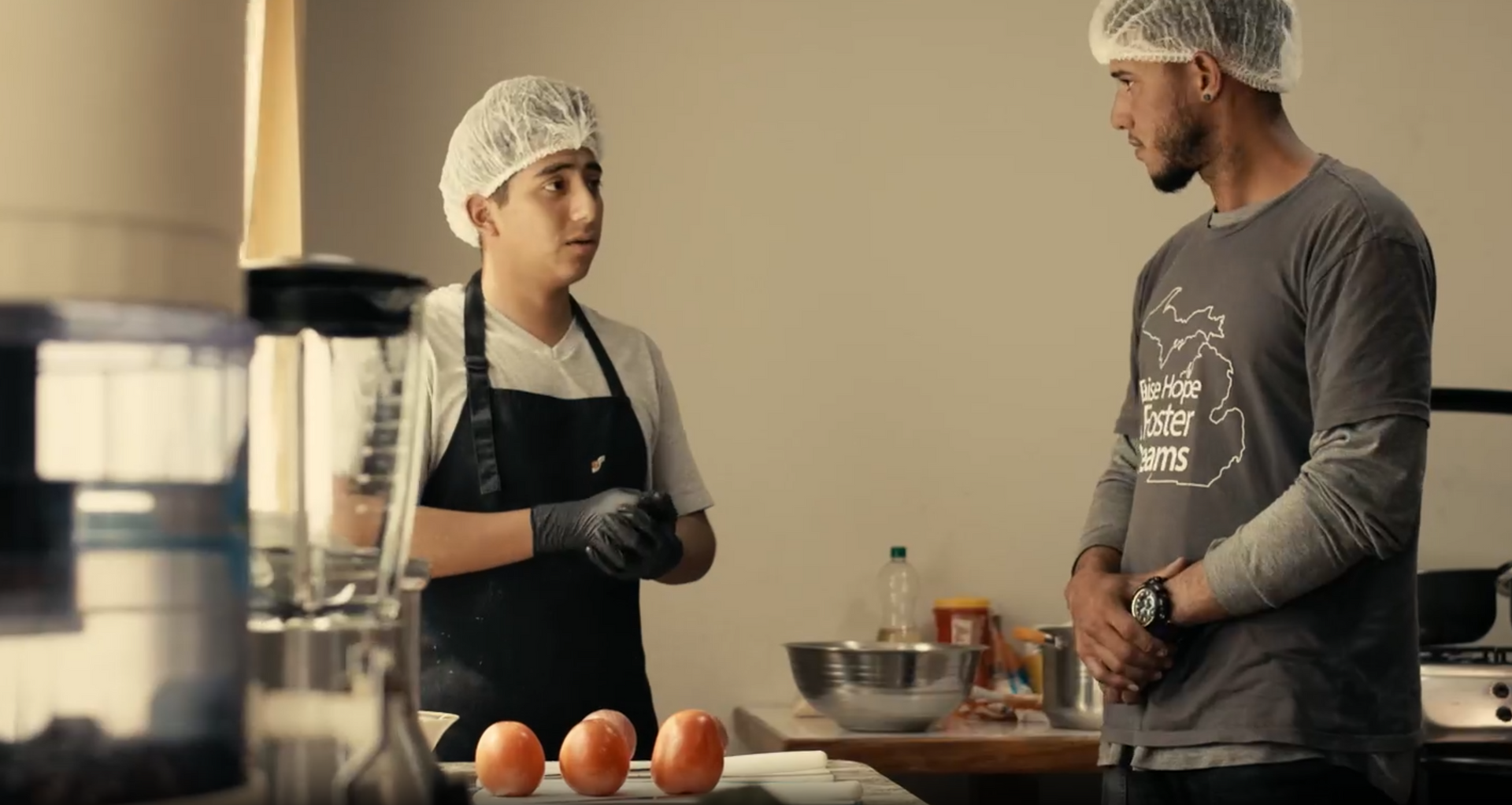From the Street to Self-Sufficiency: Amamericana Launches Food Preparation Workshop for Vulnerable Venezuelan Migrants in Arequipa
Arequipa, Peru — In the heart of Arequipa, a city increasingly shaped by the challenges and resilience of the Venezuelan diaspora, a new chapter of hope is unfolding. Amamericana, a Canada-based nonprofit organization dedicated to the sustainable integration of migrants, has partnered with Liberty Iglesia Internacional to launch a hands-on food preparation and micro-entrepreneurship workshop that equips vulnerable Venezuelan refugees with the tools to reclaim their dignity and rebuild their lives.
At the center of this transformative program are Pastors Azaria Girma and Duma Girma of Liberty Iglesia Internacional. With decades of experience working with at-risk communities, their ministry offers more than spiritual support — it serves as a platform for economic empowerment.
The workshop is part of Amamericana’s Migrant Sustainable Integration Initiative, a phased strategy to triage, shelter, train, and sustainably integrate migrants into the social and economic fabric of Peru. This specific program focuses on culinary micro-enterprises: it trains willing and capable participants in hygienic food preparation, kitchen safety, and product packaging, with the goal of enabling them to legally and profitably sell prepared foods on the streets of Arequipa.
“We start with those who need it most,” explains Jai Jind, founder and strategic director of Amamericana. “Our triage model prioritizes widows, single mothers, and vulnerable large families. From there, we don’t just give aid — we provide a pathway. From the street, to shelter, to sustainability.”
Participants are selected based on need, willingness, and ability to learn. Once integrated into the program, they receive direct instruction from trained chefs within the church body, learning how to transform low-cost ingredients into clean, delicious, and marketable meals. The products, once prepared and packaged, are sold directly in local markets and community areas — providing participants with an immediate source of income and a renewed sense of purpose.
Behind the scenes, Amamericana subsidizes temporary housing for selected families, bridging the gap between emergency aid and long-term independence. The goal? That participants can eventually pay their own rent and support their families — with dignity, not dependency.
“This is more than food. It’s fellowship. It’s freedom,” says Pastor Azaria Girma. “By teaching trades that people can use immediately, we’re not just putting food on tables — we’re keeping families off the streets.”
The food preparation program is just one of several training tracks Amamericana offers through its community partners and churches. Others include sewing, basic construction, and street vending — each designed to meet market demand while accelerating migrant integration.
With approximately 1.5 million Venezuelan migrants currently residing in Peru — many living in precarious conditions — programs like this are vital to preventing a humanitarian crisis from becoming a permanent underclass.
Amamericana’s long-term vision includes scaling these programs nationwide, supported by blockchain-enabled transparency and AI-driven resource allocation to ensure that every dollar — and every participant — is properly accounted for. But even with the promise of technology, the foundation remains deeply personal: one family, one opportunity at a time.




